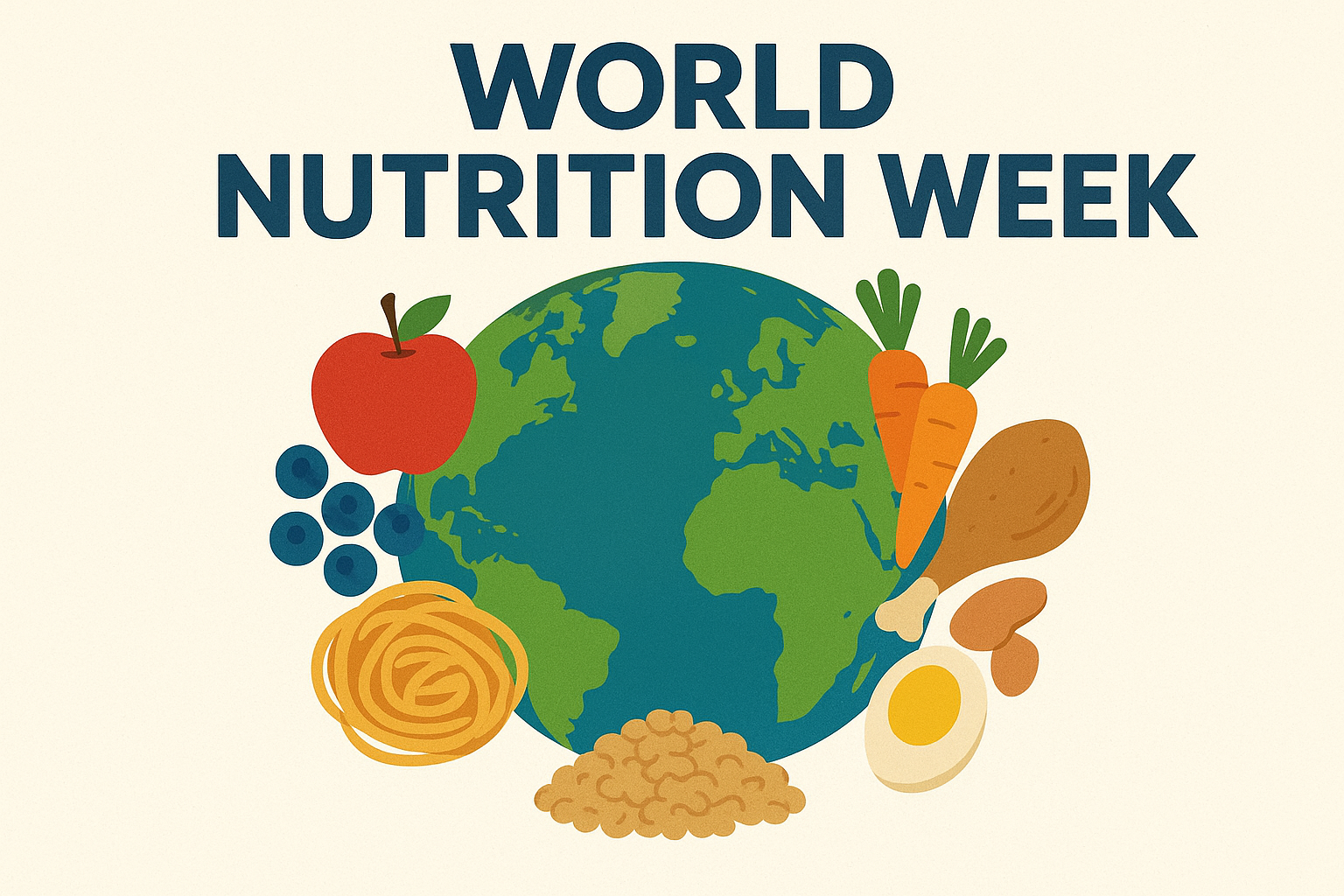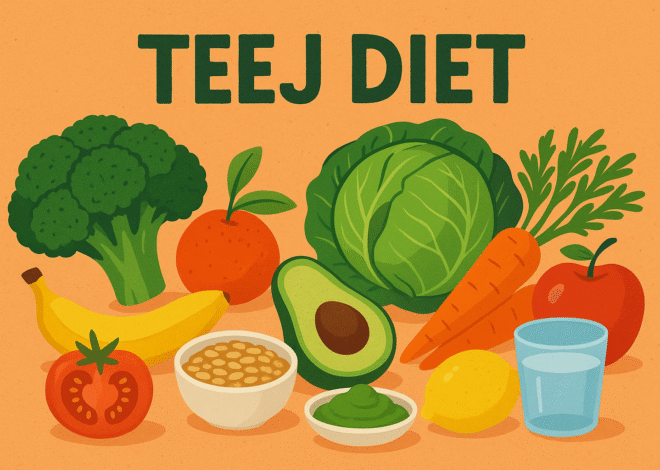
Brain Foods: The effect of nutrients on brain function
The food you eat can significantly impact brain function, influencing everything from cognitive abilities to mood and mental health. Here’s an overview of how different nutrients affect brain function

Omega-3 Fatty Acids
- Sources: Fatty fish (like salmon and sardines), flaxseeds, walnuts, and chia seeds.
- Effects: Omega-3s, especially DHA (docosahexaenoic acid), are crucial for brain health. They help maintain the structure of brain cells and are involved in neurotransmitter function. Omega-3s have been linked to improved cognitive function and a lower risk of neurodegenerative diseases.
2. Antioxidants
- Sources: Berries (blueberries, strawberries), dark chocolate, nuts, and vegetables (spinach, kale).
- Effects: Antioxidants combat oxidative stress and inflammation in the brain. For example, flavonoids in berries have been shown to enhance memory and cognitive performance. Vitamin E, found in nuts and seeds, also helps protect brain cells from damage.
3. B Vitamins
- Sources: Whole grains, meat, eggs, dairy products, leafy greens, and legumes.
- Effects: B vitamins, particularly B6, B12, and folate, are essential for brain health. They play a role in producing neurotransmitters and maintaining brain cell health. Vitamin deficiencies can lead to brain fog and mood swings.
4. Vitamin D
- Sources: Sunlight, fatty fish, fortified foods, and supplements.
- Effects: Vitamin D is like a superhero for brain development and function. Vitamin D deficiency might be linked to brain fog and an increased risk of Alzheimer’s and Parkinson’s.
5. Iron
- Sources: Red meat, poultry, fish, lentils, and spinach.
- Effects: Iron is crucial for oxygen transport in the blood and for maintaining brain function. Deficiency can lead to cognitive impairments and decreased attention span.
6. Zinc
- Sources: Meat, shellfish, dairy products, nuts, and seeds.
- Effects: Zinc is involved in neurotransmitter function and brain cell communication. It has been linked to improved memory and cognitive function. Zinc deficiency can impact cognitive performance and mood.
7. Magnesium
- Sources: Nuts, seeds, whole grains, and leafy greens.
- Effects: Magnesium is like a brain booster! It helps keep our minds sharp and supports memory and learning. But if we don’t get enough, our risk of neurological disorders goes up.
8. Protein
- Sources: Meat, fish, eggs, dairy products, legumes, and nuts.
- Effects: Proteins provide amino acids that are precursors to neurotransmitters, which are essential for communication between brain cells. Adequate protein intake supports cognitive function and mental health.

9. Carbohydrates
- Sources: Whole grains, fruits, vegetables, and legumes.
- Effects: Carbohydrates provide glucose, the brain’s primary energy source. Complex carbohydrates, found in whole grains and vegetables, provide a steady supply of glucose, which supports stable cognitive function.
10. Flavonoids and Polyphenols
- Sources: Fruits (especially berries), tea, dark chocolate, and red wine (in moderation).
- Effects: These compounds have anti-inflammatory and antioxidant properties. They can boost your brainpower, sharpen your memory, and even lower the risk of Alzheimer’s and other brain diseases.
Mediterranean Diet
The Mediterranean diet is renowned for its positive effects on brain health. It emphasizes:
- Fruits and Vegetables: Rich in antioxidants and vitamins.
- Whole Grains: Provides complex carbohydrates for steady glucose levels.
- Fatty Fish: High in omega-3 fatty acids.
- Nuts and Seeds: Good sources of healthy fats and antioxidants.
- Olive Oil: Contains monounsaturated fats and antioxidants.
- Legumes: High in fiber and protein.
- Moderate Wine Consumption: Some studies suggest a small amount of red wine may be beneficial, but this should be approached with caution.
2. DASH Diet (Dietary Approaches to Stop Hypertension)
The DASH diet, originally created to fight high blood pressure, also works wonders for brain health:
- Emphasizing Fruits and Vegetables: Rich in vitamins and antioxidants.
- Incorporating Whole Grains: Provides fiber and nutrients.
- Including Lean Proteins: Such as poultry, fish, and legumes.
- Limiting Sodium and Saturated Fats: Helps reduce inflammation and supports cardiovascular health, which is crucial for brain function.
3. MIND Diet (Mediterranean-DASH Diet Intervention for Neurodegenerative Delay)
The MIND diet is specifically designed to support brain health and reduce the risk of neurodegenerative diseases. Key components include:

- Leafy Greens: Spinach, kale, and other greens high in vitamins and antioxidants.
- Berries: Blueberries, strawberries, and other berries rich in flavonoids.
- Nuts: Especially walnuts and almonds, which are like little powerhouses of healthy fats.
- Olive Oil: Primary source of fat.
- Whole Grains: Such as oats, quinoa, and brown rice.
- Fish: Especially fatty fish rich in omega-3 fatty acids.
- Poultry and Beans: Lean protein sources.
- Red Meat and Butter: Limited to reduce inflammation and cognitive decline.
4. Ketogenic Diet
The ketogenic diet is characterized by its high fat content, moderate protein intake, and significantly reduced carbohydrate consumption. The objective of this regimen is to induce ketosis, a physiological state where the body utilizes ketones derived from fat as its primary energy source, supplanting glucose. Potential benefits for brain function include:
- Improved Cognitive Function: Enhanced Cognitive Function: Research indicates potential benefits for cognitive function and neuroprotection, particularly in conditions such as epilepsy and neurodegenerative diseases.
- Stable Energy Levels: Mitigates fluctuations in blood sugar, thereby enhancing cognitive function..
5. Anti-Inflammatory Diet
Chronic inflammation has been associated with cognitive decline and neurodegenerative diseases. An anti-inflammatory diet focuses on:
- Omega-3 Fatty Acids: From fatty fish and flaxseeds.
- Fruits and Vegetables: Rich in antioxidants and anti-inflammatory compounds.
- Whole Grains: Provide fiber and nutrients that help reduce inflammation.
- Herbs and Spices: Turmeric, ginger, and garlic possess anti-inflammatory properties.
General Guidelines for a Brain-Boosting Diet
- Include Healthy Fats: Focus on sources of omega-3 fatty acids and monounsaturated fats.
- Prioritize Whole Foods: Prioritize unprocessed foods rich in nutrients.
- Stay Hydrated: Proper hydration supports cognitive function.
- Limit Processed Foods and Sugars: Limit processed foods and sugars, as they can negatively affect brain health.
- Eat Regularly: Maintain a Regular Meal Schedule: Consume balanced meals to regulate blood sugar levels effectively.










